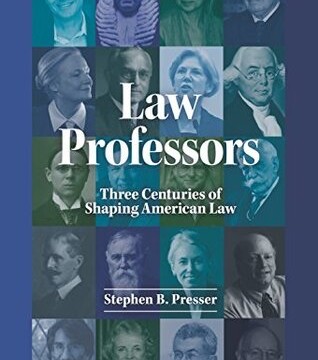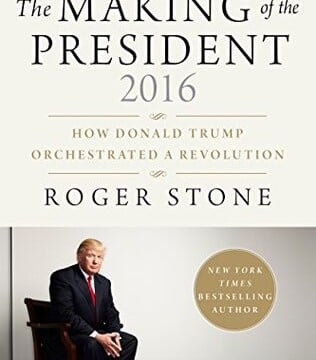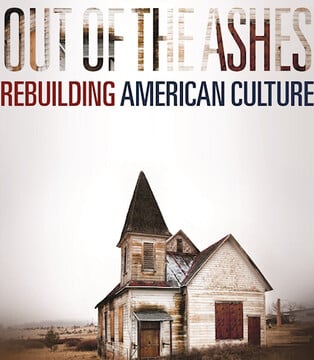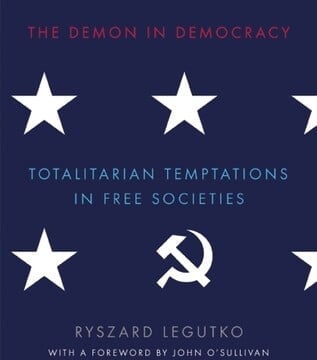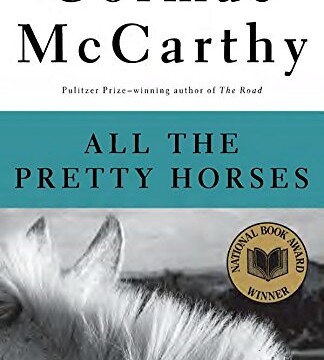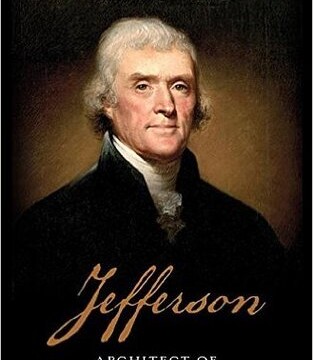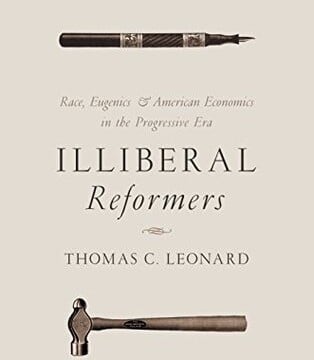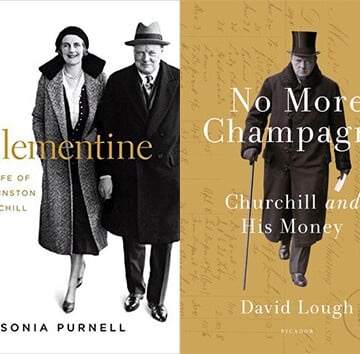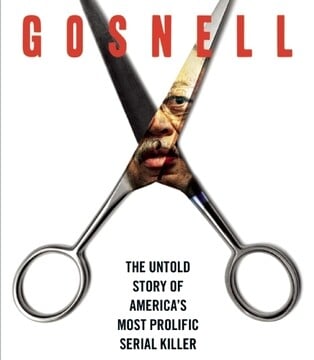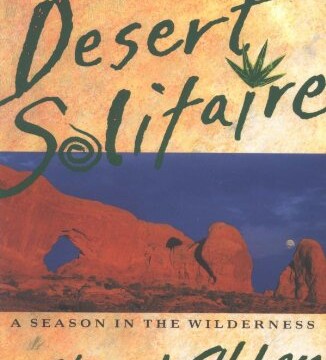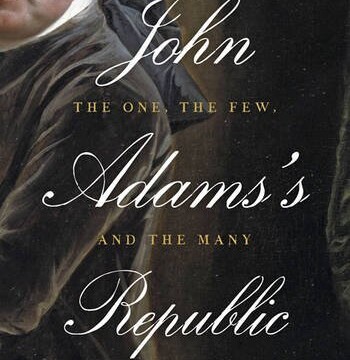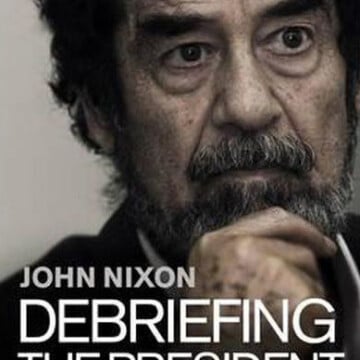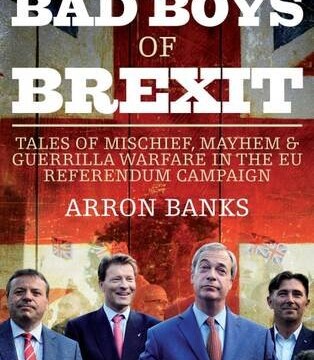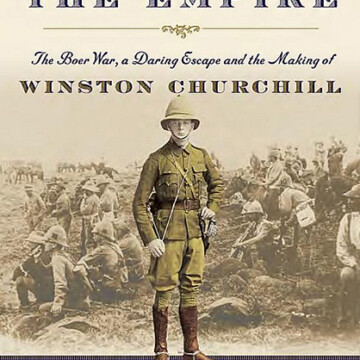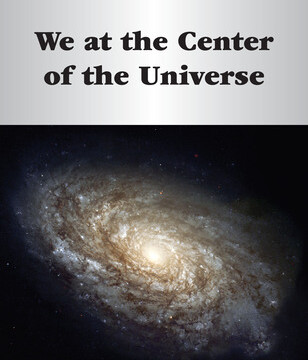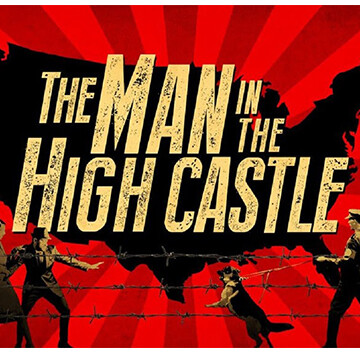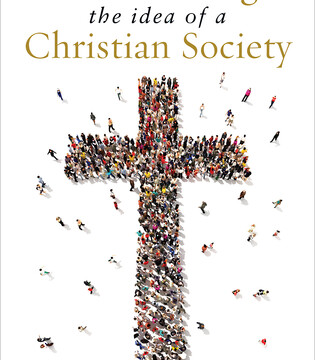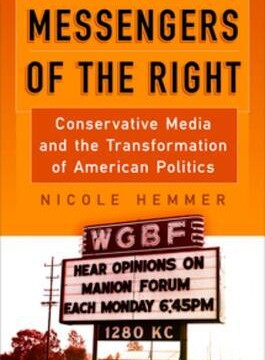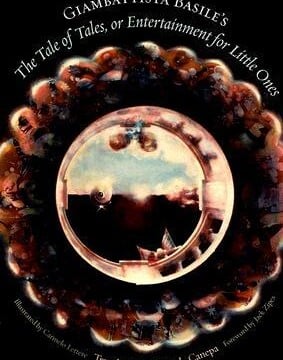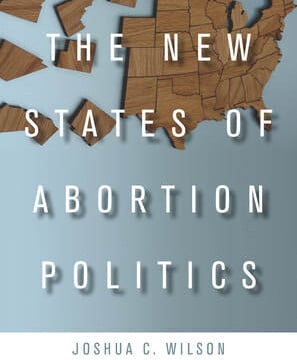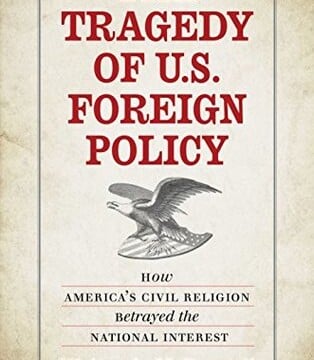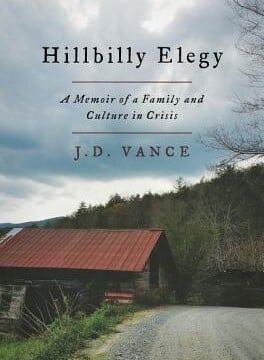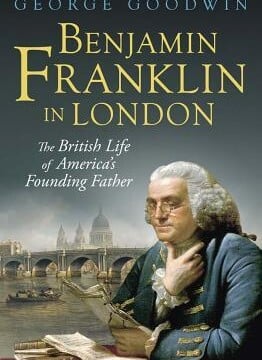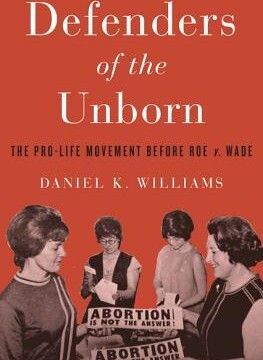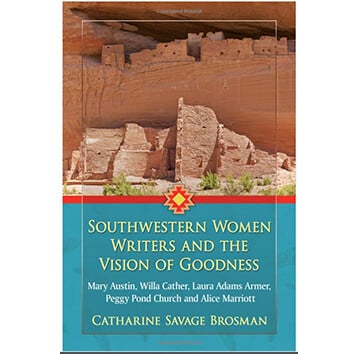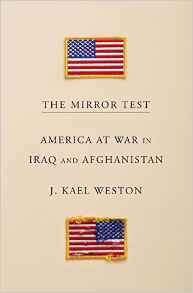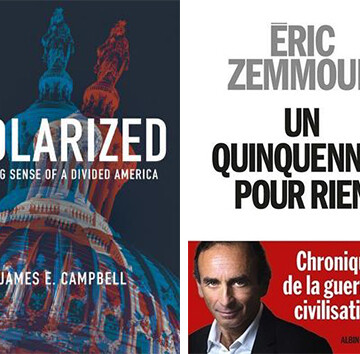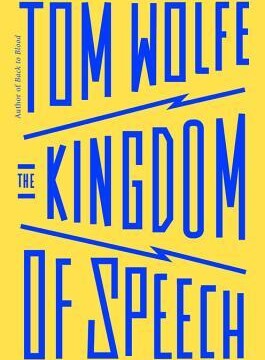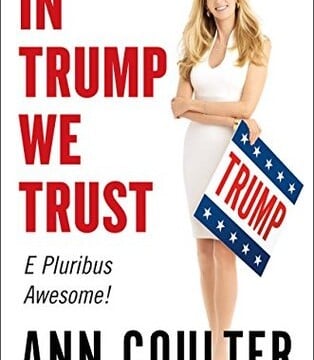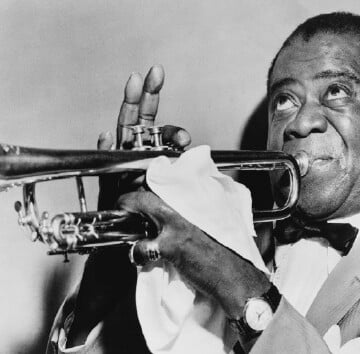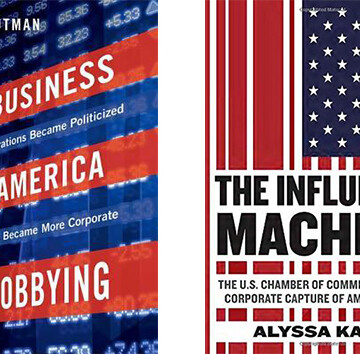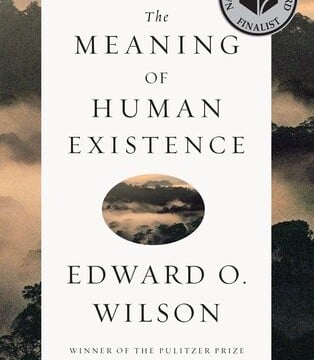Stephen B. Presser, Chronicles’ legal-affairs editor, identifies a crisis in American legal education. In his book Law Professors, he shows us why a newly minted graduate of an elite American law school has no clue how to handle a case or provide useful legal services. This is not a matter of just being young or...
Category: Reviews
How He Did It
Roger Stone is a longtime political operative who has worked for every Republican president since Richard Nixon, and numerous presidential and other candidates as well. Stone retains great admiration for Ronald Reagan, but now has only disdain for the Bush family. The Making of the President 2016 recounts what he saw during the Trump campaign,...
The Esolen Option
If we don’t like the way of life around us, why not live differently? Why go along with something so inhuman and unrewarding? So asks Anthony Esolen in his new book. Good criticism calls for a conception of what should be as well as an analysis of what is. Esolen provides both. Like any social...
The Devil We Know
If Ryszard Legutko is correct, there is increasingly little difference between the devil we know and the devil we don’t. He makes a compelling case for this claim. The totalitarian temptation, regardless of differences in time, place, and ideology, is ever present. The fact is especially troubling as modern man is aided by unprecedented technological...
Conquista and Reconquista
As its subtitle indicates, this book dispels a number of imprecisions, equivocations, and outright lies regarding the Islamic conquest of Spain in late antiquity or the early medieval period. (The Romans called it Hispania, a word that evolved into the medieval Latin Spannia and eventually the modern España.) Its author, for many years professor of...
What the Editors Are Reading
Confined to a three-man tent on a rainy day in the canyons of southeastern Utah, I continued by lantern light my rereading of Cormac McCarthy’s novel All the Pretty Horses, first published a quarter-century ago as the first volume in The Border Trilogy, and got a good start on its immediate sequel, The Crossing. McCarthy’s...
Books in Brief
Jefferson: Architect of American Liberty, by John B. Boles (New York: Basic Books; 626 pp., $35.00). This excellent, very well-written, and highly readable book is the “full-scale biography” the author set out to write. It succeeds further as an affirmation of the historian’s (and his readers’) need to accept the past on its own terms...
Books in Brief
The Habsburg Empire: A New History, by Pieter M. Judson (Cambridge, MA: Belknap/Harvard; 592 pp., $35.00). This book continues the arguments historians have made over the past three decades that challenge the long-received and -accepted view of the Habsburg Empire as an anachronism among European states in the 19th century. As Judson says, historians had...
A Faith Misplaced
Progressive arrogance. Technocratic overreach. Social engineering. Racial tension. Expanding executive powers. Aggressive and endless waves of “experts.” Economic disparity and unrest. “Us” versus “them.” All are characteristics of social and political life in recent years in the United States. So much so that some pundits and observers apparently find the combination alarming and unique—even unprecedented—in...
Churchill’s Home Front
Winston Churchill is one of the most closely examined (and lionized) of all politicians, and it is accordingly difficult to think of new angles from which to view him and his legacy. But now here are two original and complementary studies coming at once, one profiling his wife, Clementine, the other examining the impressive public...
The Constitution Knows
What is the justification for abortion? Is abortion a moral or therapeutic concept? Medical or legal? Sociological or personal? These considerations underlie Gosnell: The Untold Story of America’s Most Prolific Serial Killer, a narrative of the comprehensive criminal enterprise of Kermit Gosnell, M.D., Philadelphia’s notorious baby killer and drug trafficker, by the Irish journalists Ann...
What the Editors Are Reading
An unfortunate effect of more than two decades of war between the West and the Middle East, and the resulting terrorist campaigns launched from there, is the replacement of the charm, even the magic, the historical Persia held for Europeans—and for me—by their opposite: contempt, disgust, even fear. In the late 80’s and the 90’s...
What the Editors Are Reading
In spring, my thoughts turn first to the Southwest, that most beautiful and haunting part of it especially, the canyon country of southeastern Utah. There was a time when I pulled my horses down there every year toward the end of March and spent a week or ten days riding and camping south of Moab...
Books in Brief
John Adams’s Republic: The One, the Few, and the Many, by Richard Alan Ryerson (Baltimore, MD: Johns Hopkins University Press; 555 pp., $60.00). This very excellent and elegantly written book by the editor of the Adams Papers between 1983 and 2001 draws on the second American President’s entire corpus of political writing, from his books...
On Deaf Ears
Picture this: A president, working partly through a political appointee at CIA headquarters, presses the intelligence community to come up with the “right” intelligence that this president needs to justify his actions. The president has singled out a particular foreign leader for demonization, has convinced himself that this leader is the embodiment of evil, and...
The Fun of Brexit
Arron Banks looks out proudly and pugnaciously from the cover of Bad Boys of Brexit like a character in a Hogarth engraving, flanking the equally Hogarthian Nigel Farage in a photo taken as Farage faced the globe’s agog media on the auspicious morning of June 24, 2016. The four men pictured—Banks, Farage, Richard Tice, and...
Churchill in Africa
“Half-alien and wholly undesirable” was Lady Astor’s assessment of Winston Churchill. For Winston’s father, Randolph Churchill, had taken an American wife, “a dollar princess,” as many cash-strapped members of the English aristocracy did in the late 19th and early 20th centuries. But Lord Randolph, dead at age 46, left no inheritance. Poor Winston had to...
The End and the Beginning
How many “final” books can one man write? For most men, the answer is one. John Lukacs is not most men, however. In early 2013, ISI Books released History and the Human Condition, a collection of previously published (though revised) material that the press declared to be “perhaps John Lukacs’s final word on the great...
What the Editors Are Reading
About 20 years ago the late George Garrett, a professor of English and writing at the University of Virginia and a contributing editor to this magazine, told me an anecdote meant to illustrate the intellectual and social naiveté of students at one of the most prestigious schools in the country. After George requested his sophomore...
The New Class War
“When a culture of freedom becomes a cult of freedom, injustice, suffering, and social dysfunction get explained away as ‘choices.’” —R.R. Reno The burden of this important book by the editor of First Things is the need to restore genuine freedom to American society—and, by implication, Western society as a whole....
Books in Brief
Messengers of the Right: Conservative Media and the Transformation of American Politics, by Nicole Hemmer (Philadelphia, PA: University of Pennsylvania Press; 320 pp., $34.95). This very readable and otherwise excellent book is a history of the first generation of what the author calls “media activists,” conservatives who refused to work for mainstream periodicals and broadcasters...
The Mystery of Things
Near the end of Shakespeare’s King Lear, when all seems lost, Lear comforts his daughter Cordelia—like him, soon to die—by telling her that in prison they will contemplate “the mystery of things.” Both in this sense, and in another sense, the word mystery leads the reader into the heart of Dana Gioia’s poetry. In the...
Bizarre Baroque
Like most Western children, I was reared partly on fairy tales. Presented in beautifully illustrated Ladybird books, these were as much a part of my early childhood as the house decor, encouraging me to read and arousing inchoate ideas of an ur-Europe of forlorn beauties, wandering princes, vindictive stepmothers, dangerous fruits, fabulous treasures, ravening beasts,...
Books in Brief
Stalin’s Englishman: Guy Burgess, the Cold War, and the Cambridge Spy Ring, by Andrew Lownie (New York: St. Martin’s Press; 433 pp., $29.99). This book, the first full biography of the most important of the Cambridge spies, is also a first-rate work of social and intellectual history and a highly successful character study of a...
Abortion Politics in the Age of Trump
Abortion politics has consumed my adult life, starting in 1972 when, at 17, I helped defeat the abortion-legalization Measure B on Michigan’s ballot. A few weeks later, on January 22, 1973—like December 7, 1941, a date that will live in infamy—the U.S. Supreme Court dive-bombed the country by erasing all state abortion laws—including in those...
What the Editors Are Reading
Courtesy of our Westminster correspondent, Freddy Gray, who kindly sent me the book from London as an unexpected present, I’m nearly through Fathers and Sons: The Autobiography of a Family, by Alexander Waugh, the son of the late journalist Auberon Waugh, grandson of Evelyn, and himself a classical-music critic (ironic, as Evelyn Waugh loathed music...
The Idolatrous Empire
Historians of our day have long debated whether ideas or interests are the prime drivers of human decisions. The Hegelian school, which includes neoconservatives and neoliberals, believes the answer is ideas—freedom, democracy, and equality. Marxists say material interests alone. We may dismiss both groups as crude simplifiers. What’s more, the debate ignores what from a...
Silicon Hillbilly
“Breathitt County in east Kentucky is the only county in the United States not to have had selective service enforced during the Second World War. That was because there were so many volunteers.” —Gordon McKinney Since I have long been convinced that the Appalachian South embodies a grounded yet radical alternative to the American mainstream,...
What the Hell Is Going On?
On December 7, 2015—Pearl Harbor Day—candidate Donald Trump called “for a total and complete shutdown of Muslims entering the United States until our country’s representatives can figure out what the hell is going on.” After applause from the large crowd at a campaign rally in Mt. Pleasant, South Carolina, Trump emphasized, “We have no choice. ...
Books in Brief
August 1914: France, the Great War, and a Month That Changed the World Forever, by Bruno Cabanes; translated by Stephanie O’Hara (New Haven, CT: Yale University Press; 230 pp., $27.50). This superb and marvelously readable work of social and political history, drawn from a wide variety of personal and official documents and records, recounts the...
What the Editors Are Reading
Taking up one of Graham Greene’s many novels has for me always been a hit-or-miss affair. Over the Christmas holidays I read The Honorary Consul, a copy of which I’ve owned for years. The Third World setting, this time Argentina, will be familiar to Greene’s admirers, and so will the author’s abiding preoccupation with religious...
An American In Great Britain
George Goodwin’s new book on Benjamin Franklin explores the 18 years Franklin spent in England working as a printer (1726-28) and as an agent representing the Pennsylvania assembly and other American colonies (1757-62, 1766-75). The author of this excellent book is an Englishman who offers fresh insights into the period from a British perspective. Benjamin...
Conservatism in the Time of Trump
The election of Donald Trump has upended the expectations of what paleoconservatives and others have long called Conservatism, Inc. The influence of establishment conservatism all but evaporated during the primaries, as its chosen champions—Bush, Rubio, Cruz, Jindal, and the rest—fell one by one. As President-Elect, Trump moved away from an unthinking reliance on Republican lobbyists...
What the Editors Are Reading
I have a long-standing habit of picking up books from secondhand shops that I have no intention of reading in the immediate or even foreseeable future, and pulling them off the shelf according to whim, sometimes years later. One such title is Love and the English, by Nina Epton, which I came across almost by...
The Cataclysm That Was Roe
The pro-life movement today almost completely identifies with the Republican Party, despite its support by a few Democrats such as Pennsylvania Sen. Robert Casey (sometimes). It wasn’t always so. In 1972, at the age of 17, I worked against Michigan’s Measure B, which would have legalized abortion in the state. It lost, with 61 percent...
Girls of the Golden West
Prospective readers should not be put off by the words “women writers” in the title of this book. Catharine Savage Brosman’s emphasis is not on the ideological but rather on the intellectual and artistic identity of her subjects, which complement the masculine sensibilities of their male counterparts—Walter Van Tilburg Clark, Tom Lea, John S. Van...
Books in Brief
Against Democracy, by Jason Brennan (Princeton and Oxford: Princeton University Press; 288 pp., $29.95). I found this a disappointing book, as the subject is a critical one in the 21st century. Brennan begins with Schumpeter’s well-known assertion that The typical citizen drops down to a lower level of mental performance as soon as he enters...
Bait and Switch
According to pious American folklore, there was in 1787 a “Miracle at Philadelphia” in which demigod Founding Fathers gathered and gave the world the “U.S. Constitution”; thereby, as chanted by former Chief Justice Burger in a juvenile bicentennial panegyric, they changed human history forever—and got rid of the awful Articles of Confederation, which stood in...
Collateral America
The Mirror Test is John Kael Weston’s testament and witness to seven years of war in Iraq and Afghanistan. Weston worked as a State Department political officer alongside U.S. Marines and Army soldiers in some of the most dangerous areas of both countries, advising—and sometimes overruling—American military commanders in what became political nation-building operations growing...
Books in Brief
Polarized: Making Sense of a Divided America, by James E. Campbell (Princeton, NJ: Princeton University Press; 313 pp., $29.95). This book is probably too academic to suit the taste of the general reader. It is, however, eminently sensible and notably well written for an academic text. Campbell argues that the polarization of American politics began...
What the Editors Are Reading
I read Goethe’s Faust in college and had not looked into it again until the other day when, prompted by curiosity roused by Willi Jasper’s new book Lusitania: The Cultural History of a Catastrophe, I pulled a copy of the play off my shelf and began rereading with the idea of forming a better sense...
In the Beginning . . .
“Little lamb, Who made thee?” —William Blake This latest is vintage Tom Wolfe. As in Radical Chic and The Painted Word, he casts his uniquely probing eye on fashionable orthodoxy and its establishment priests—in this case the strange religious cult of evolution. While evolution may presume, sometimes dubiously, to describe the world, it can explain...
Mr. Trump and His Gorilla
Who would have thought that, 20 years after Pat Buchanan’s failed presidential bid, a billionaire New York real-estate developer and reality-television star would win the Republican presidential nomination running on the same issues Buchanan campaigned on in 1996, and with the same unifying theme of putting America (and Americans) first? Yet it has happened. Not...
For Those Who Have Ears
For some time now, Ted Gioia has been one of our leading jazz and music critics. He, along with Gary Giddins, Bob Porter, Marc Myers, Bill Milkowski, Will Friedwald, and several even younger critics and historians like Ricky Riccardi, has gradually taken over the important and tricky work of chronicling America’s music, a mission first...
What the Editors Are Reading
Having re-rigged my fishing gear over the summer and purchased a new nine-and-a-half-foot No. 6 fly rod by Scott, and a Lamson reel to mount on it, I’ve finally got round to reading a book that’s lain neglected in my sporting library for far too many years. Ray Bergman’s Trout, first published in 1938, has...
Books in Brief
Lusitania: The Cultural History of a Catastrophe, by Willi Jasper, translated by Stewart Spencer (New Haven, CT: Yale University Press; 233 pp., $30.00). Readers wanting a detailed narrative history of the torpedoing and sinking of the Lusitania in 1915 on the order of Walter Lord’s A Night to Remember about the loss of the Titanic...
Democracy in Action
As both Drutman and Katz emphasize, before the 1970’s lobbying in America was a paltry enterprise. In the immediate postwar era, under the pro-business Eisenhower and Kennedy administrations, few companies hired in-house lobbyists; instead, they worked through trade associations or independent lobbying firms. Under Lyndon Johnson regulatory legislation addressed a host of social and economic...
Sounding the Trump
In important ways, a revolutionary process has begun. So argues Ilana Mercer in the best extended analysis yet published of the Trump phenomenon: “Trump is getting an atrophied political system to oscillate” in “an oddly marvelous uprising.” For us revolutionaries there is still a long way to go, but we are entitled to a “modest...
What the Editors Are Reading
Having read and reviewed John Hardman’s superb Life of Louis XVI (Books in Brief, August), I was encouraged recently to pick up a copy of Louis XIV: The Other Side of the Sun, by Prince Michael of Greece (a descendant of the Sun King’s on the maternal side), first published in the United States in...
The Unmeaning of Unmeaning
A computer was the victor on a popular television game show, easily defeating its human competitors; an arms race is under way involving militarized robots that can take the battlefield in the place of inferior humans; in Japan, artificial-intelligence software has outperformed college applicants on a standardized college-entrance examination. Our machines are becoming a part...
